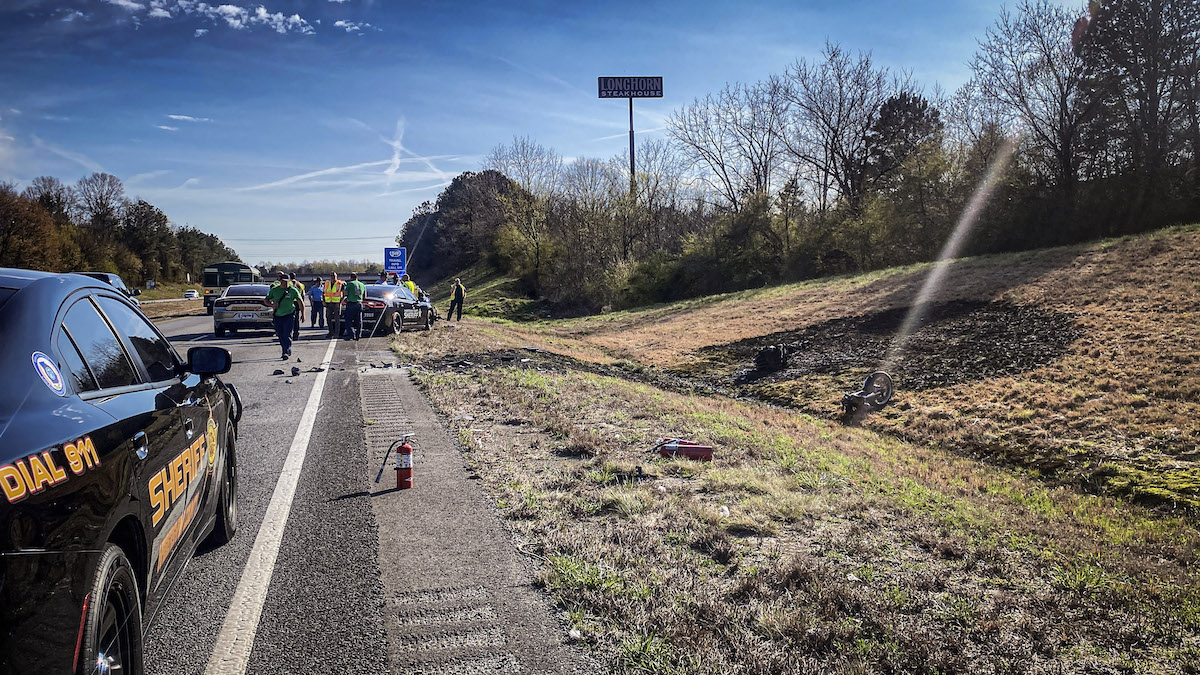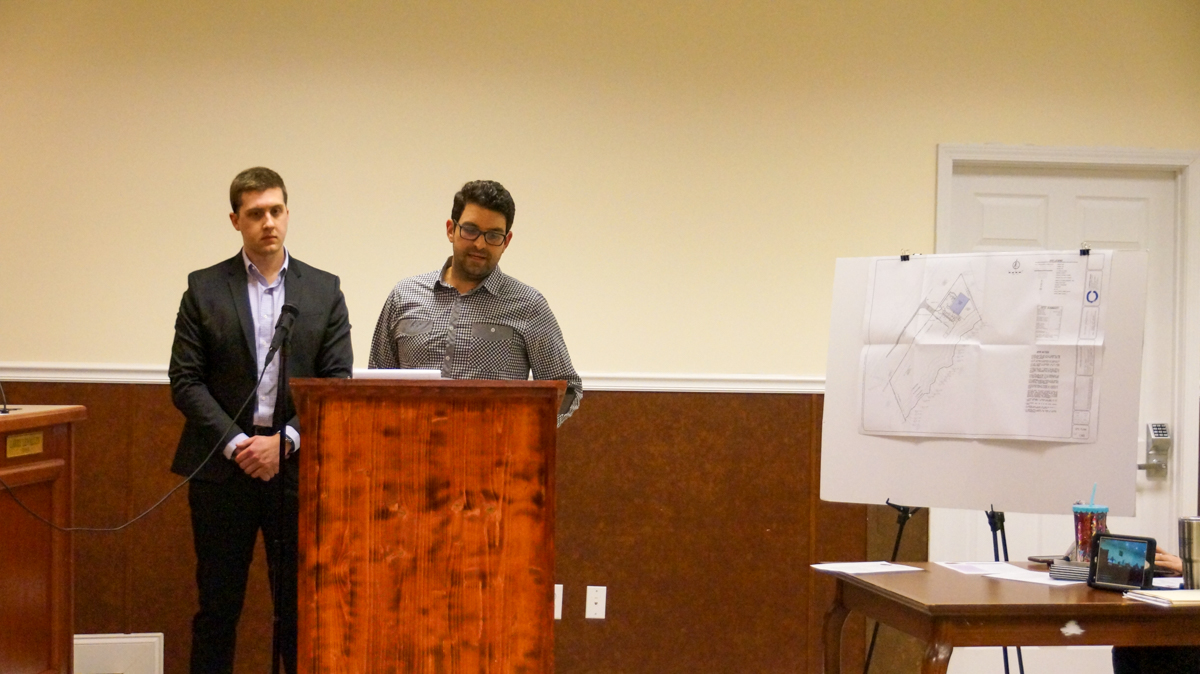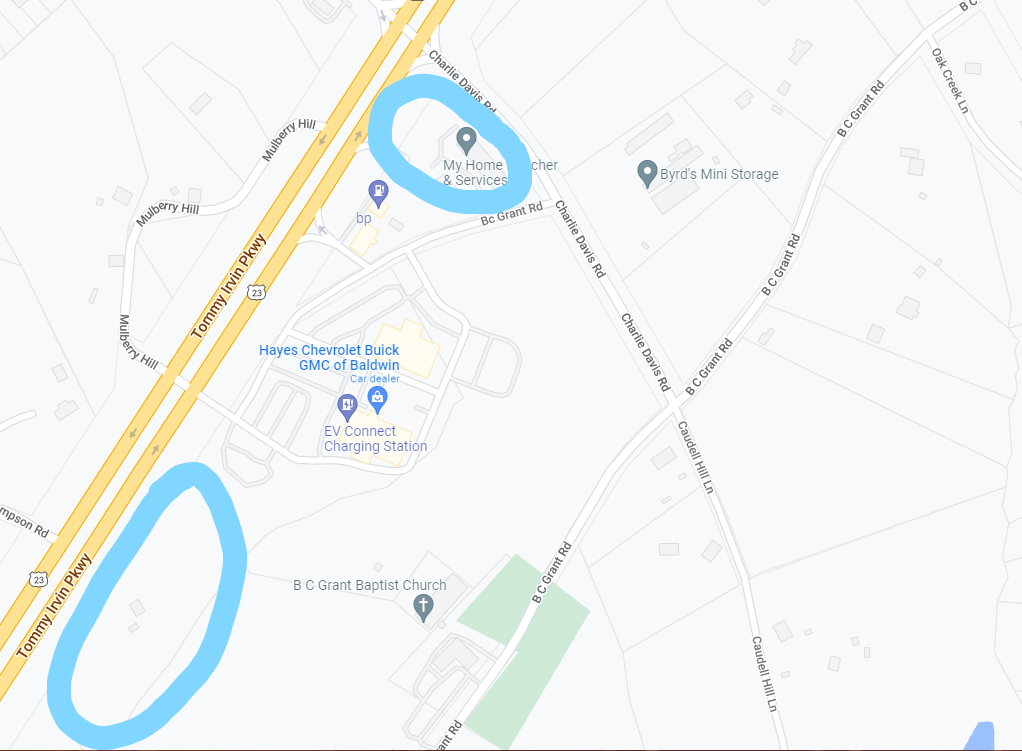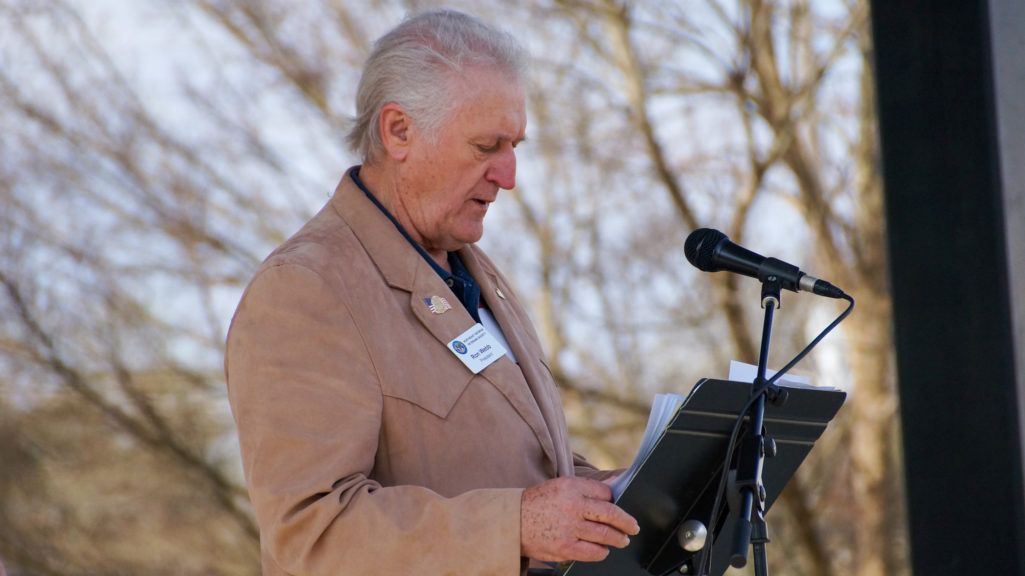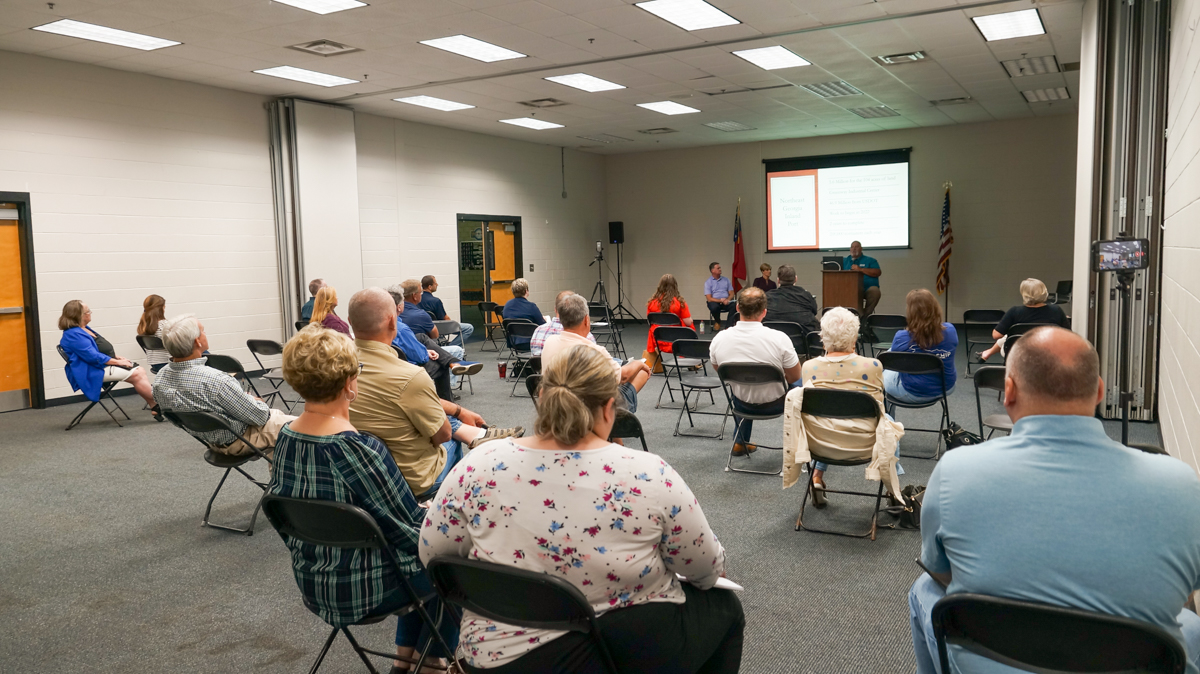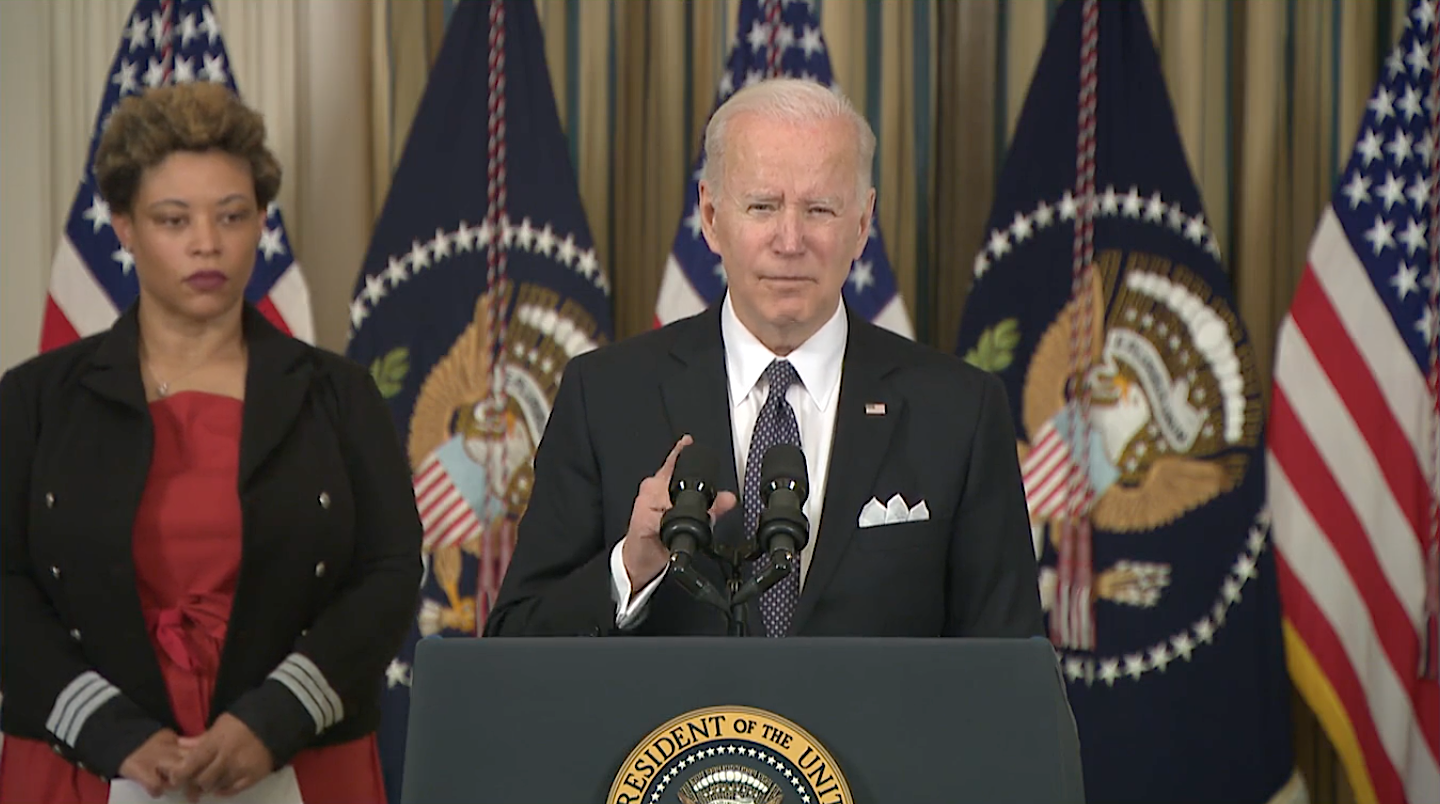WASHINGTON (GA Recorder) — President Joe Biden sent a new $5.8 trillion budget request to Congress on Monday that calls on lawmakers to institute a minimum tax on billionaires and boost spending on national security.
The proposal, which lawmakers will undoubtedly change, asks Congress to provide $795 billion in defense funding, a roughly 4% increase, and $915 billion for domestic and foreign aid programs, about 5% more, for the fiscal year that begins on Oct. 1. The rest of the funding would go toward mandatory spending on programs like Medicare, Medicaid and Social Security.
“I’m calling for one of the largest investments in our national security in history, with the funds needed to ensure that our military remains the best-prepared, best-trained, best equipped military in the world,” Biden said in a statement. “In addition, I’m calling for continued investment to forcefully respond to Putin’s aggression against Ukraine with U.S. support for Ukraine’s economic, humanitarian and security needs.”
The fiscal 2023 budget request launches a months-long endeavor during which Congress will debate how much the federal government should spend during the next year and whether to pay for any increases in funding.
That annual process will be particularly complicated this year as Western democracies attempt to push back Russia’s invasion of Ukraine, health care experts continue tracking the COVID-19 pandemic and lawmakers increasingly turn their attention toward the November midterm elections.
Biden sought to highlight that increased spending in his fiscal 2023 request wouldn’t mean boosting the annual deficit. He noted that his proposal would lower the federal deficit by $1.3 trillion, “the largest one-year reduction in the deficit in U.S. history,” according to the White House.
“Overall, the Budget reduces deficits by more than $1 trillion over the next 10 years and deficits under the Budget policies would fall to less than one-third of the 2020 level the President inherited.” the budget says, referring to the Trump administration.
‘Billionaire tax’
Some of that deficit reduction would come from increasing the tax rates on wealthy individuals and corporations.
Biden’s budget proposal asks lawmakers to end “special treatment for the types of income that wealthy people enjoy” by creating a minimum tax on multi-millionaires and billionaires that would ensure those people pay at least 20% of their total income in federal income taxes
“This minimum tax would apply only to the wealthiest 0.01 percent of households — those with more than $100 million — and over half the revenue would come from billionaires alone,” the budget proposal states.
Corporations would also see an increase, if Congress were to pass a bill requiring them to pay a minimum tax rate of 28%.
“Corporations received an enormous tax break in 2017,” Biden’s budget states, referring to a major tax cut law signed by then-President Donald Trump. “While their profits have soared, their investment in our economy did not: the tax breaks did not trickle down to workers or consumers.”
The White House reiterated Biden’s “ironclad promise that no one earning less than $400,000 per year will pay an additional penny in new taxes.”
‘Build Back Better’ details still to come
One thing Biden’s budget request for the upcoming fiscal year doesn’t include is a detailed outline for the domestic climate and social spending package that has been stalled in the Senate since late last year, when West Virginia Democratic Sen. Joe Manchin III declared it “dead.”
White House Budget Director Shalanda Young said Monday that even though there’s no specific “Build Back Better” proposal in the budget request, Biden is still “committed to working with Congress to pass legislation that reduces the deficit; cuts health care, energy, childcare and other costs for families; and reforms the tax system.”
“Because those discussions with Congress are ongoing, the budget does not include specific line items for the investments associated with that future legislation. Nor does it count any of the savings from the prescription drug or tax reform that the House advanced as part of its Build Back Better Act,” Young said on a call with reporters.
Some versions of that package included an expansion of the child care tax credit that expired in December.
In addition to the funding boost for defense, Biden also asks Congress to raise spending on domestic safety initiatives, including policing.
The White House proposed $3.2 billion for state and local grants to “support law enforcement, crime prevention and community violence intervention” as well as $1.7 billion for the Bureau of Alcohol, Tobacco, Firearms, and Explosives “to expand multijurisdictional gun trafficking strike forces with additional personnel, increase regulation of the firearms industry, [and] enhance ATF’s National Integrated Ballistic Information Network.”
To address “longstanding inequities” and strengthen “civil rights protections,” the Biden administration proposed Congress provide the U.S. Justice Department with $367 million “to support police reform, the prosecution of hate crimes, enforcement of voting rights, and efforts to provide equitable access to justice.”
MORE: Biden lays out a ‘fund the police’ budget plan
Public health
To fight COVID-19 and prepare the nation for the possibility of future pandemics, Biden proposed $81.7 billion over five years for the U.S. Department of Health and Human Services to establish a comprehensive public health response for future biological threats.
He also proposed $9.9 billion for the Centers for Disease Control and Prevention to “expand public health infrastructure in states and territories, strengthen the public health workforce” and study long COVID-19 to establish diagnosis and treatment options.
His budget asks Congress to provide $5 billion for his proposal for the Advanced Research Projects Agency for Health, or ARPA-H.
“With an initial focus on cancer and other diseases such as diabetes and dementia, this major investment will drive transformational innovation in health technologies and speed the application and implementation of health breakthroughs,” the budget says.
Biden originally asked Congress to create the program in last year’s budget request, with lawmakers setting aside $1 billion.
The budget request also calls on lawmakers to require private health insurance plans to cover mental health and substance use disorder benefits, as well as ensuring the plans have “an adequate network of behavioral health providers.”
The budget request would “lower costs” for mental health services for people within Medicare, the Veterans Affairs Department health care system, health insurance issuers, group health plans, federal employees and Tricare.
“Mental health is essential to overall health, and the United States faces a mental health crisis that has been exacerbated by the COVID-19 pandemic,” the budget says.

